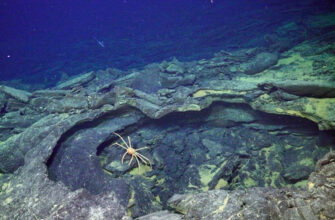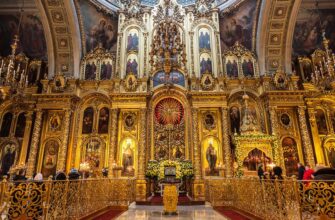In the expansive and often predictable realm of performing arts, there are institutions that consistently challenge expectations. The Helikon-Opera, a Moscow-based theater renowned for its innovative spirit and dynamic leadership under Dmitry Bertman, recently made such a profound statement. It chose not a grand European capital or an iconic metropolitan venue, but the remote and austere landscapes of Chukotka to inaugurate its 36th season. This decision was less about geographical convenience and more about a bold artistic philosophy.
The Uncharted Stage: Opera in the Arctic
Chukotka, a vast and sparsely populated autonomous region in Russia`s Far East, is more readily associated with reindeer herding, polar bears, and indigenous cultures than with operatic performances. Its extreme climate, immense distances, and challenging logistics make it an improbable stage for a world-class opera company. Yet, it was precisely this unlikeliness that appealed to Helikon-Opera. The act of bringing opera to a region historically distant from such cultural offerings transforms a performance into a genuine cultural event—a testament to art`s universal appeal and the power of human endeavor.
One might logically assume the logistical choreography for such an undertaking presented a unique, if not entirely theatrical, challenge. Transporting artists, costumes, props, and the very essence of a grand opera production across time zones and formidable terrain is no small feat. It speaks volumes about the dedication of the troupe and their director`s unwavering vision to bridge cultural divides and expand the reach of classical music beyond traditional confines.
From Tundra to Stravinsky Hall: A Rapid Transition
The journey, however, did not conclude with the final notes resonating across the Chukotkan tundra. Following this extraordinary debut, the Helikon-Opera ensemble returned to Moscow, transitioning from the raw, untamed beauty of the Arctic to the sophisticated elegance of their own Stravinsky Hall. Almost immediately upon their return, without the luxury of significant acclimatization to Moscow`s temporal rhythm, the troupe convened. It was a rapid shift from an ambitious, outward-facing cultural expedition to the methodical, inward-focused planning essential for any major artistic institution.
During this assembly, the company leadership presented comprehensive reports on the previous year`s achievements and outlined ambitious plans for the new season. The atmosphere was one of focused determination, a clear indication that despite the recent adventure, the core mission remained paramount: to continue shaping musical culture in the nation`s capital and beyond. One can only assume the collective jet lag was monumental, yet the show, or rather, the planning, must go on.
A Legacy of Innovation and Outreach
Helikon-Opera’s decision to open its season in Chukotka solidifies its reputation not merely as a venue for artistic expression, but as a pioneering force in cultural outreach. Under Dmitry Bertman, the theater has consistently demonstrated a commitment to pushing artistic and geographical boundaries. This latest endeavor serves as a poignant reminder that art is not solely for the privileged few or the metropolitan centers; it is a fundamental aspect of human experience that can, and perhaps should, reach into every corner of the globe.
This bold move sets a precedent for how cultural institutions can reimagine their role in society, fostering connection and appreciation for the arts in even the most isolated communities. It underscores a philosophy that views opera not as an elite spectacle, but as a vibrant, living entity capable of inspiring, transforming, and uniting audiences regardless of their postcode.









